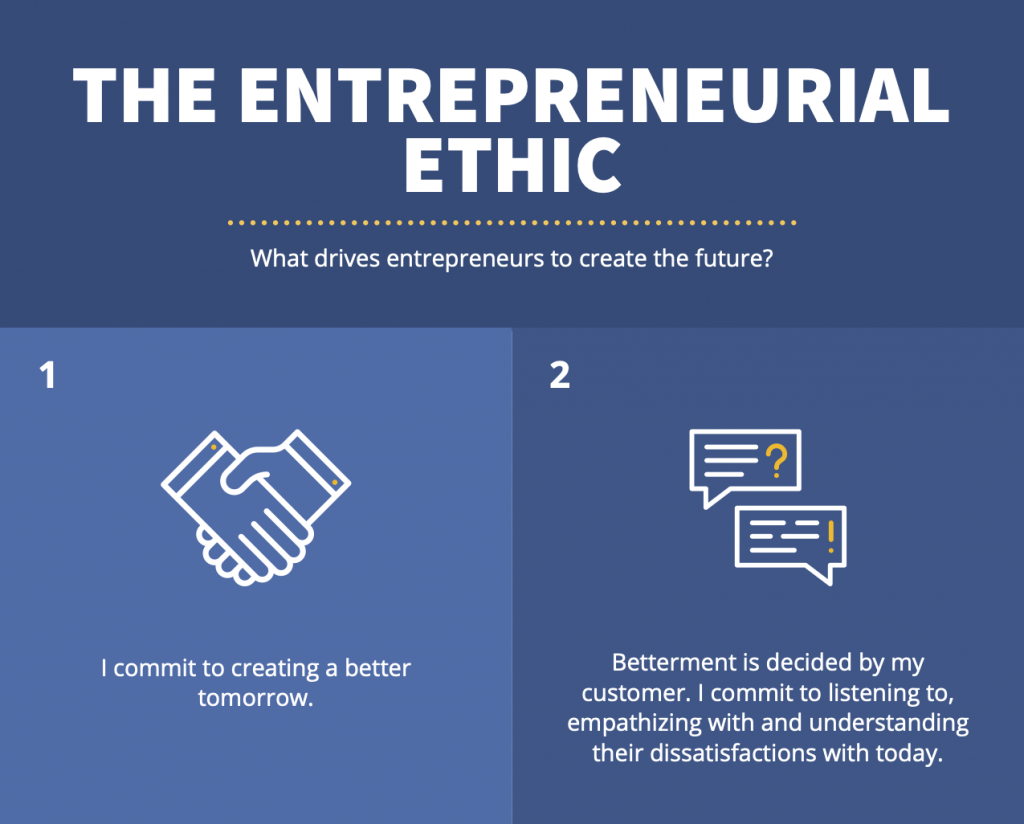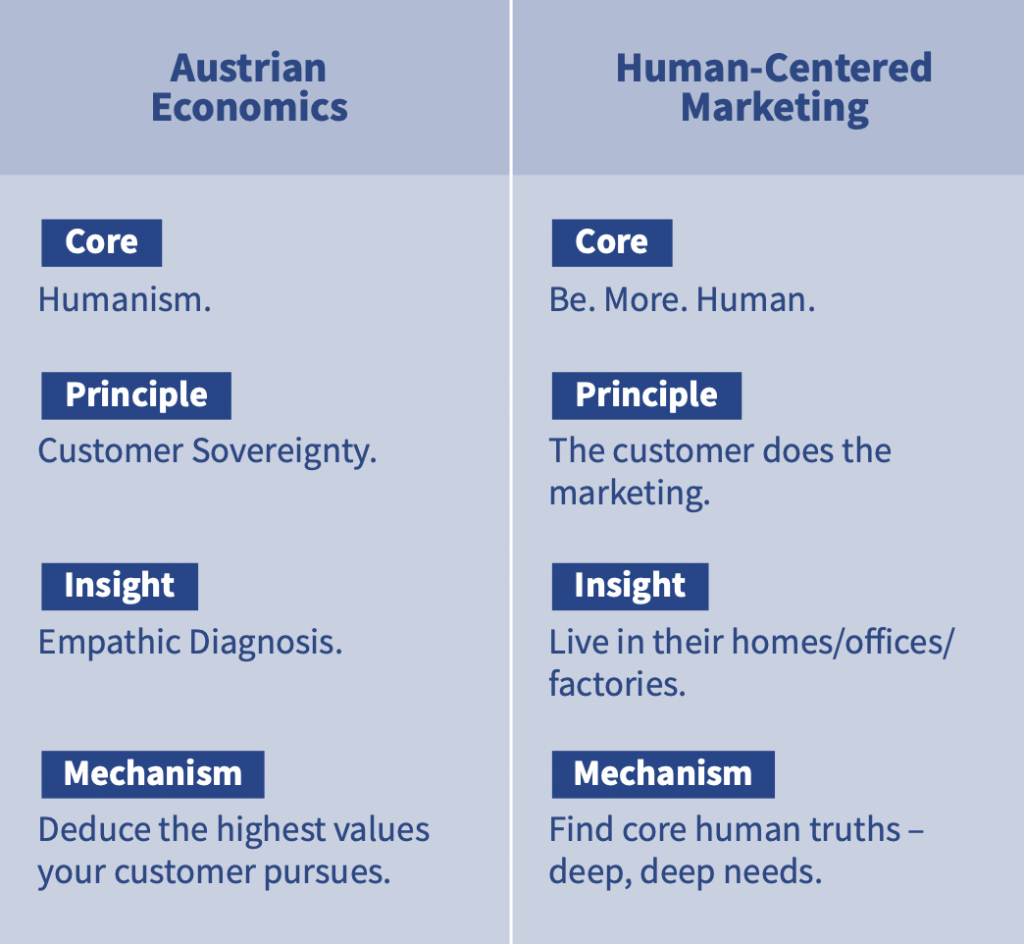The Entrepreneurial Advantages of Building Human Capital While Young.
While you were young, did you gain knowledge and learn skills that gave you the human capital necessary to become an entrepreneur or a small business owner? Human capital consists of the knowledge and habits developed as a youngster that form skillsets that later in life can be used in the business world. These skills are developed either through the family unit, culture, or regional location and determine the success or failure of entrepreneurial pursuits and performance. In the young, the development of skills and knowledge are applicable to future ventures in entrepreneurship or small business ownership.
Everything you learned from family dinner conversations and your culture served to build your human capital. Across the globe, the people of various regions cultivate certain skills that enable individuals to consider entrepreneurship as a viable choice of work. Some of you never had the social or family setting that gave you entrepreneurial insights. Some people get this while they are young, and some do not. Acquiring human capital at a certain age bolsters the chance of entering entrepreneurship or small business ownership. If human capital or business insights are not embedded culturally or acquired at a certain point, some individuals will never consider entrepreneurship or be successful at it.
We cannot all become successful entrepreneurs, especially if only a few of us come from a cultural background that rewards an ethic of hard work and related values versus a cultural background in which achieving entrepreneurial success is never even thought of.1 What is valued in the family unit and what is rewarded or praised contributes to our future entrepreneurial skills. Ludwig von Mises noted, “the inequality of men, which is due to differences both in their inborn qualities and in the vicissitudes of their lives, manifests itself.”2 The region of the world in which one lives and the context of the acquired human capital skills are equally vital to having an entrepreneurial skillset.
We hear from many entrepreneurs, and those who are not entrepreneurs per se, that much of their education occurred around the family dinner table, or that they lived in a place where small business activity was plentiful.3 Human capital that is based on family, culture, and regional differences has consequential effects for many considering entrepreneurship.
Cultural factors are critical in developing entrepreneurship. Often these cultural factors are overshadowed by the technical aspects of operating a business—the seen versus the unseen. Parents and the elderly pass on their values to their children, values such as taking risks, being independent, challenging uncertainty, etc. Children who are rewarded or not rewarded will either be encouraged or discouraged to pursue entrepreneurial activities in the marketplace. If a child is never taught to be independent, how is he or she able to systemically think of and identify potential profit opportunities and bring opportunities to fruition?
Habits form over time, and many are culturally based. In some cultures, some children spend up to twelve hours a day playing videogames and entertaining themselves on social media. In other cultures, children are expected to work long hours helping mom and dad with their business or studying to earn the best grade. These youths may work at an uncle’s garage learning all about vehicles or attend college to gain business knowledge. In either situation, these youths are learning about private property, e-commerce, revenues, profit and loss, bookkeeping, and so on—gaining skillsets and knowledge in order to run a business of their own in the future.
Generally, whatever is cultivated in the family unit and culture will manifest and have consequences in the marketplace. Children who acquire a work ethic and values related to entrepreneurial success will have an advantage over their peers who have not had the same experience. The children who have not learned these things will have a much later start or never acquire the skills and the know-how needed to pursue entrepreneurship or small business ownership.
Not everyone has an equal opportunity to become an entrepreneur, as some must acquire a collection of basic skills, knowledge, and habits that may take decades to develop. Taking risks, working longer hours, and making critical decisions require a certain upbringing. Entrepreneurs are not created overnight but over time. However, ten years of working with mom, dad, or an uncle as a youth, gaining practical knowledge, surely provides advantages later in life.
We cannot disregard the location and region in which we lived during the time of our early human capital acquisition. Being located in one region of the earth versus another can surely impact our ability to develop a predisposition or entrepreneurial insights needed for entrepreneurial behavior. Perhaps we live in an area where several industries exist. Being surrounded by these industries allows us to either work for or start a business in a vein that is familiar to us.
As with any location or local market, our human capital can be stymied in a region or location where a product or service is not valued or not supported although it might be highly valued in another market (i.e., if one has to take their product knowledge to another region where the consumers have higher subjective valuations of their productive goods or services).
Unfortunately, the opportunity to attain the same human capital at the same time and place that leads to entrepreneurship is not equally available to everyone. Without the requisite human capital, one can only dream of becoming a successful entrepreneur or business owner. Families and family cultures vary among peoples across the globe, and so does the dissemination of knowledge at the family dinner table. We all come from backgrounds that either reward or punish certain behaviors that later transform into predispositions and values that underpin our ability to, at a minimum, think like and be an entrepreneur. Ludwig von Mises said that entrepreneurs “owe their position exclusively to the fact that they are a better fit for the performance of the functions incumbent upon them than other people are.”4 An interpretation of Mises on this point is that the skills and knowledge develop over time that enable entrepreneurs to uniquely perform the production of products and services for the consumer.
- 1.See Thomas Sowell’s The Quest for Cosmic Justice. In the section titled “Freedom versus Equality,” he discusses equal performance and social barriers.
- 2.See Ludwig von Mises’ Planning for Freedom.
- 3.See Ryan McMaken’s article “Three Economics Lessons I Learned from My Dad.” For example, three lessons that he learned were: lower the cost of doing business, politicians drive up the cost, and the world is always changing.
- 4.See Ludwig von Mises’s Human Action on the Entrepreneurial Function.

